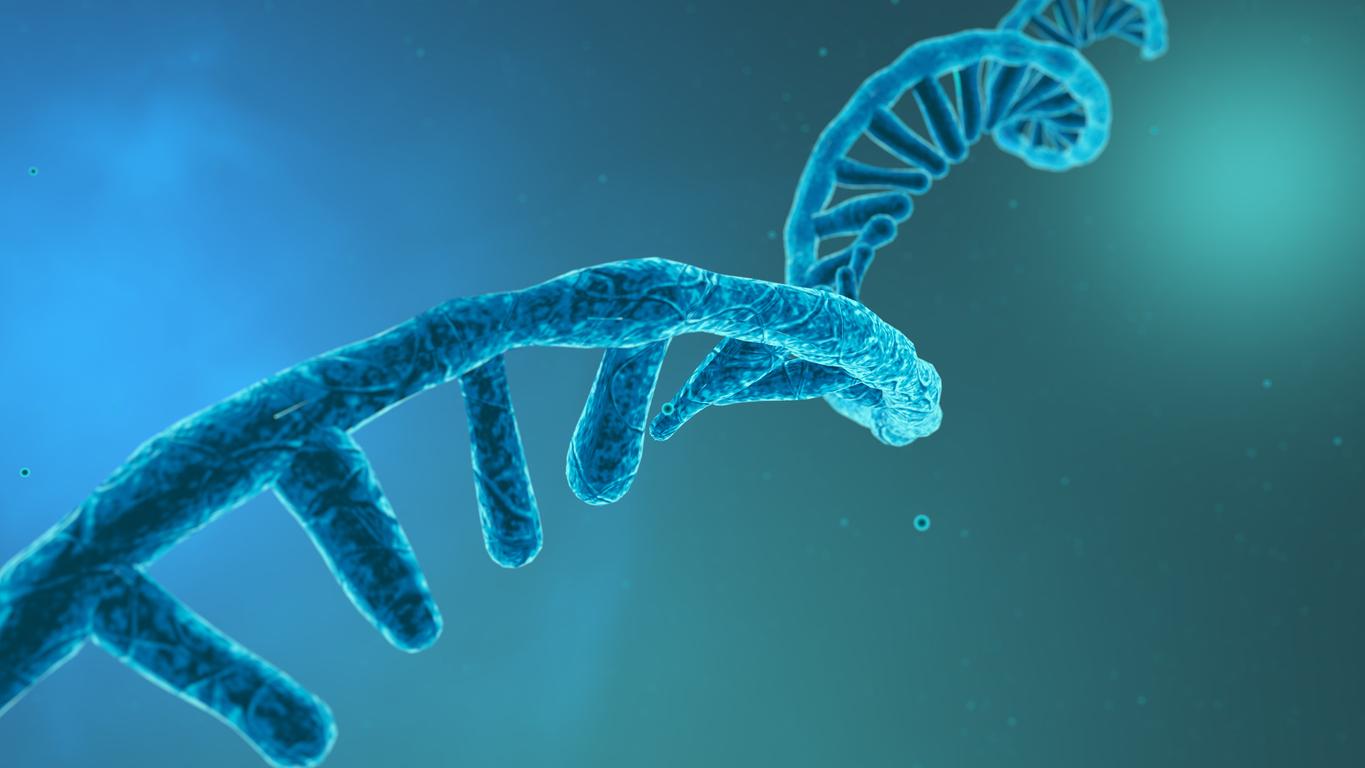Researchers are hopeful that a vaccine against hepatitis C will be developed using specific antibodies from a person who has successfully cleared the virus on their own.

- Three-quarters of people with the hepatitis C virus develop chronic infections that can last for years. A quarter of patients, on the other hand, manage to eliminate the virus spontaneously, without any treatment. By examining the antibodies of one of them, researchers discovered a potential new way to design a vaccine against hepatitis C.
- His antibodies had two particularities: they were genetically diverse, that is, encoded by a set of variable genes, and they targeted three distinct regions of hepatitis C – and not just one, as is the case in patients with chronic infections who are unable to clear the virus on their own.
- These results could be the basis for better candidates for the hepatitis C vaccine, because “if we have a response in several regions, we can have a synergistic effect and thus obtain a much stronger immune response”.
Among the approximately 70 million people carrying the hepatitis C virus around the world, three-quarters develop chronic infections which can last for years and cause liver failure, cirrhosis or even liver cancer. A quarter of patients, on the other hand, manage to eliminate the virus spontaneously, without any treatment.
By examining the antibodies of one of them, a team of scientists says they have discovered a potential new way to design a vaccine against hepatitis C.
Hepatitis C: some patients clear the infection spontaneously
As part of their work, published in the journal Immunity, researchers from Cornell and John Hopkins Universities, in the United States, relied on analyzes of data from people who were at risk of contracting the virus between the start and end of a clinical observation program. They thus obtained samples from patients who cleared the infection on their own, and others who developed a chronic infection.
Combating viruses that evolve very quickly, such as SARS-CoV-2, influenza and hepatitis C, requires special antibodies called broad-spectrum neutralizing antibodies (bNAbs) which are capable, as their name suggests , to recognize and eliminate a multitude of viral strains.
“To make an antibody, the immune system uses several different sets of antibody genes, but for whatever reason, the immune system of people with chronic hepatitis C infections [qui ne réussissent pas à éliminer le virus d’elles-mêmes, ndlr] uses only one variable antibody gene, called VH1-69, explain the researchers in a communicated. Furthermore, most of these patients’ bNAbs targeted a specific region of the virus, namely the front layer of the E2 protein.”

Better Hepatitis C Vaccine Candidates
Using X-ray crystallography, researchers isolated antibodies from a person who had spontaneously neutralized three separate infections, and found that they had two distinctive features. Firstly, “These bNAbs were genetically diverse, that is, encoded by a set of variable genes, not just a segment of the VH1-69 gene.” On the other hand, “they targeted three different regions of the E2 protein of the virus”and not just the front layer.
These results suggest that“a hepatitis C virus vaccine should generate bNAbs in all three regions of the E2 protein rather than just one region of the virus, say the scientists. If we have a response in several regions, we can have a synergistic effect and thus obtain a much stronger immune response.” Information which, according to them, could make it possible to “designing better vaccine candidates”.

















